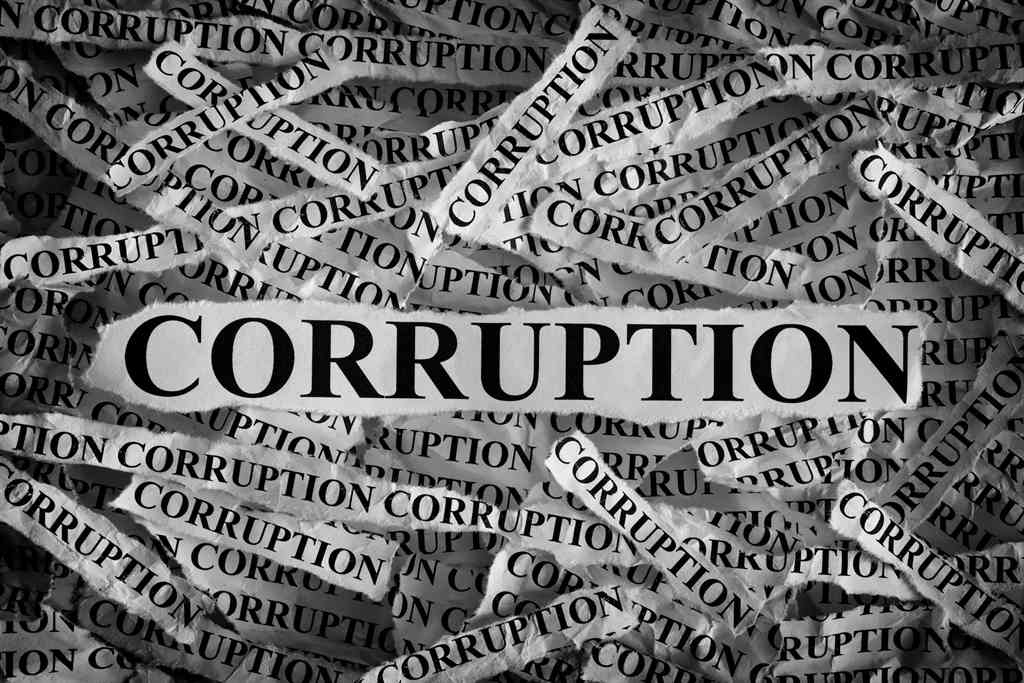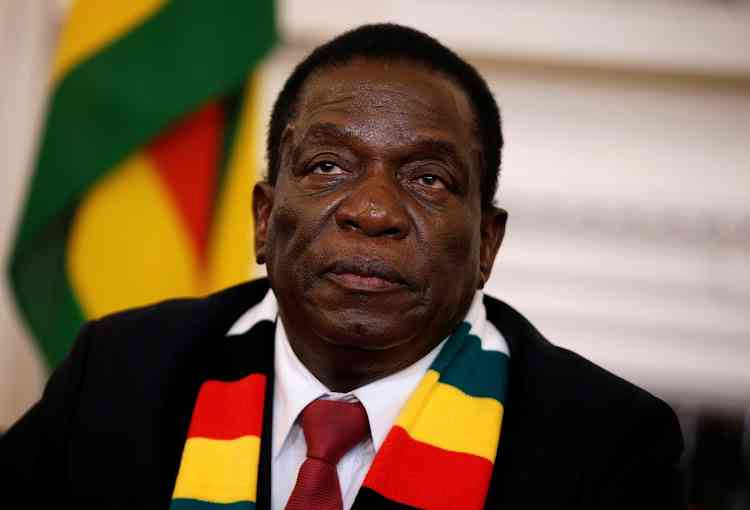
Not too long ago, three months ago in fact, fuel in Zimbabwe was cheaper than bottled water and flights from the country were some of the cheapest around. This was thanks to a fixed exchange rate that kept prices artificially low and stable, while punishing exporters whose foreign currency earnings sustained the fiction.
— newZWire
Predictably, this was sucking the life out of the golden goose, exporters and worsened forex shortages. Basic goods started to run out, and there were clamours for an end to the fixed exchange rate system. When government eventually obliged, partially freeing up the exchange rate, it inevitably set off a domino of price increases. On Tuesday, the country woke up to news that the price of bread, which has largely been held steady since the end of hyperinflation in 2009, had doubled. Recent weeks have seen massive increases in the prices of basic goods and services, as the country’s currency has weakened by 28% to 1:3.19 since the central bank announced the end of the fixed exchange rate on February 22. The black market rate, which seems to drive much of the pricing, was around 1:5 on Tuesday. Bakers have always pushed to keep the bread price at US$1. The new price means bread is 70 cents on the black market rate and just over a dollar on the interbank rate. The price may continue to track the official dollar rate, if market forces are allowed. Wages, meanwhile, have barely moved. Such has been the economic upheaval in recent months that many who opposed deposed former President Robert Mugabe, have found themselves pining for his rule just a year over his ouster. Ironically, this staggering turn of events has largely been triggered by efforts to reverse the economic ruin wrought by Mugabe’s subsidy regime. President Emmerson Mnangagwa’s shift towards market reforms has not been well communicated. Part of the reason is his ascension, a mere eight months before a bitterly contested election in which he led a bitterly divided ruling party against a resurgent opposition. Politicians, at the best of times, are always economical with the truth. This is particularly so on the hustings. It is Zanu-PF’s credibility deficit, and a less than satisfactory track record in following up on its plans and being consistent on policy, which makes it almost impossible for government to get its message across. The other reason is the inherent deceit in Zimbabwean public discourse. Of course, government is the principal offender here, but not the only one. A compromised intelligentsia, in which those who would enrich public discourse on the economy are negligently timid, ceding ground to a hopelessly partisan commentariat, is a major part of the discourse problem too. It’s the market, stupid Many called for an end to subsidies and a shift to a market-based economy, but only few remembered to mention the consequences on consumers. The unsustainable, artificial price stability anchored on a fictitious exchange rate came at a huge cost. This was in the form of rampant government borrowing as well as prejudiced exporters who were shaken down by the central bank for their forex, which it then tried to spread around in a bid to keep everyone else happy. The fixed exchange rate had long been a contentious issue in the economy, but government kept waving away calls to float the local currency. Eventually, government freed it up on February 22. By then, the ruinous exchange rate policy had created disruptive arbitrage opportunities in the economy, as well as widespread shortages.The 1:1 amounted to a massive subsidy on goods ranging from basic foodstuffs such as bread, maize meal, milk and sugar to fuel, flights and even beer. Many campaigned for the removal of the 1:1 rate — essentially a devaluation – and the dropping of expensive subsidies, but few debated what it would mean for prices. The results are now being felt. “After years of irrational subsidies that drove money supply through the roof, it’s payback time through high inflation,” says economist Brains Muchemwa. As government threw Treasury Bills at virtually every problem — from farm input requirements to election funding – money supply surged, peaking at 47,5% in July 2018. By December 2018, after Finance minister Mthuli Ncube, appointed in September, stopped TB issuances and closed the tap on runaway government expenditure, money supply had slowed down to 28%. After Mthuli and central bank governor John Mangudya telegraphed a shift to market early October, parallel market rates went crazy, straining a population that was starting to reel from radical changes in the economy. At a January town hall meeting in Harare, Mthuli was asked to explain why things had become worse since he came into government. “Things feel worse, because what was happening, literally, you had a boiling pot with a lid on it and what we did was to lift the lid. That’s what really happened and, lo and behold! There it all was!” Lifting the lid For years, prices were kept artificially stable by subsidies and the fixed exchange rate. This drove up budget deficits, as government “printed money” to fill the gap. Now, the bottom line is that we are now suffering the consequences of Mthuli dismantling those subsidies, letting loose market forces on what has been a protected economy. The problem, according to a United Nations panel of experts, is that there have been no “safety nets”. Mnangagwa’s economic team has repeatedly made government’s market-based reform intentions clear, though the messaging was clouded by government’s inept communication problems. At the end of the very first Press briefing held by Mthuli, Mangudya and Finance ministry secretary George Guvamatanga on October 3, 2018, the trio heralded the shift. We just didn’t know what it meant then, for our pockets. “What you probably do not realise is that we are laying the basis for market-determined pricing,” Guvamatanga said. Few took real notice. The Transitional Stabilisation Programme (TSP), which will anchor government’s economic policy through to 2020, flags the intention to roll back subsidies. “Programme initiatives to drive sectoral growth in the productive sectors of agriculture, mining and manufacturing will be underpinned by market-driven policies towards support for value addition and beneficiation, reducing the need for predominantly subsidy-oriented interventions,” the TSP says. In his 2019 budget, Mthuli proposed potentially far-reaching changes to the agricultural commodity market. Subsidies that have kept bread and maize prices steady would eventually be removed. Where government previously used to purchase grain from farmers at a price above the import parity price and selling to millers at a discount in order to subsidise the staple, a commodity exchange would be established to offer farmers competitive prices. The Grain Marketing Board would only participate in this market to secure the 500 000 tonne strategic grain reserves. Government seems to have deemed this to be too much change too soon, as it has recently announced the GMB will continue to subsidise maize. “The whole objective is for government to gradually withdraw from actively participating in marketing of crops, paving way for market forces to reduce distortions and fiscal burden,” Ncube said in his 2019 budget statement. “Current prices depict distortionary elements with large differences between local producer and import parity prices, giving rise to subsidies.” Without subsidies, consumers will have to pay the full market price for basics. What now? For now, government seems determined to stay the course. It has also, thus far, resisted the temptation to impose price controls. It hopes that, after a period of turbulence and pain, its market-based reforms will pay off. According to the script, restoring an orthodox foreign exchange market and a market mechanism for price discovery, will bring back confidence in the economy. In turn, investment – both foreign and domestic – will increase, restore production, expand the economy, create jobs and reduce poverty. Poor consumers, in the meantime, have to face the market-forces that many campaigned for.











